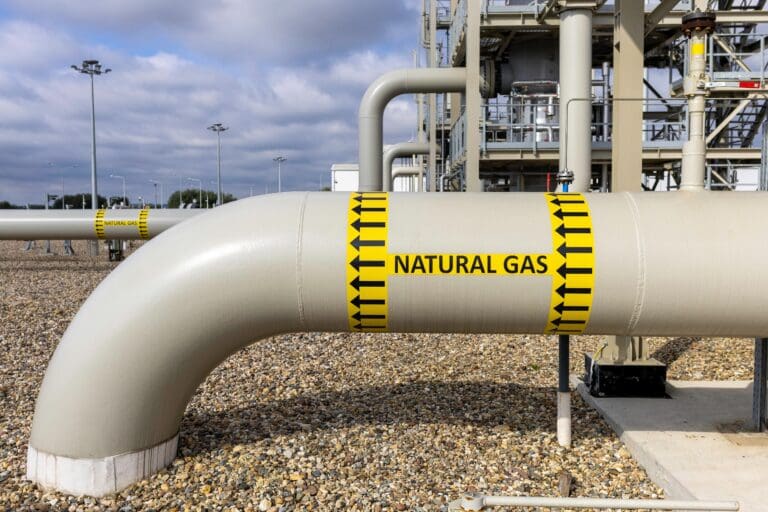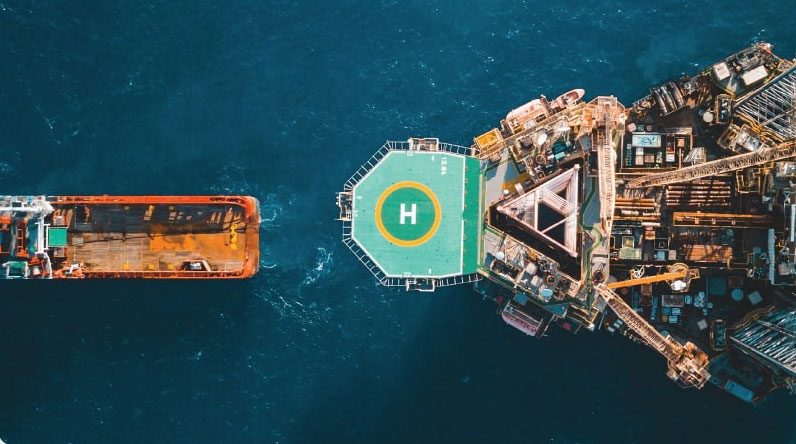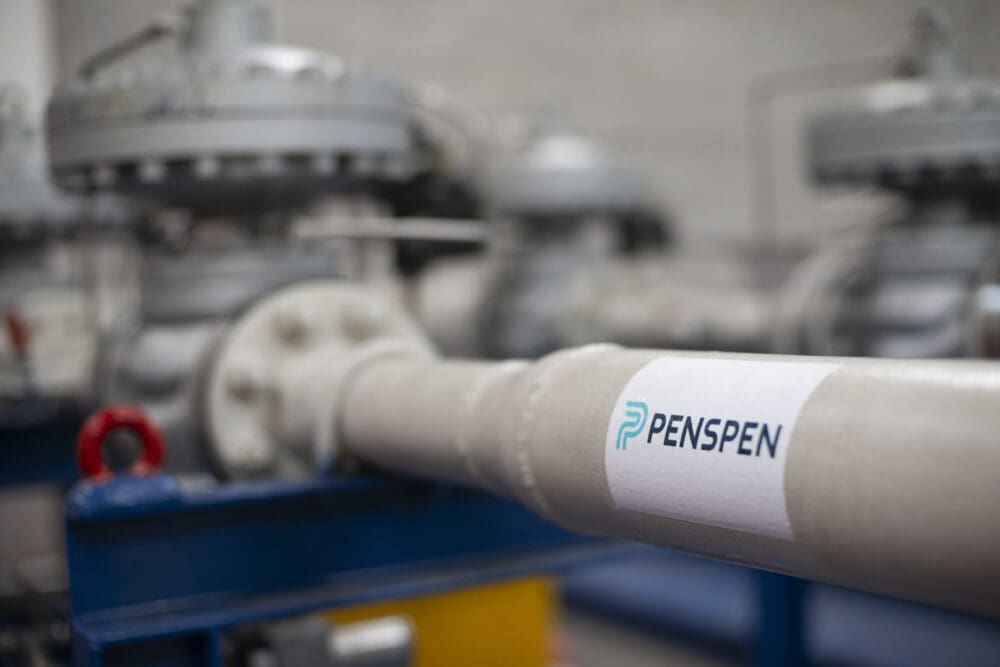When a pipeline suffers damage, quick and effective action is crucial to minimise downtime and ensure operational safety. In our latest technical article, experts from Penspen examine the typical steps taken to respond to such emergency events and the significant impact of preparation.
The article explores the Emergency Pipeline Repair System (EPRS), an industry-standard framework designed to guide operators through the damage assessment and repair process. With a focus on offshore pipelines, it outlines how an EPRS can improve response times, reduce downtime, and ensure the right repair strategy is deployed.
Key topics covered:
- A hypothetical offshore pipeline damage scenario that illustrates both the response with and without an EPRS.
- A detailed breakdown of each emergency response and repair stage, with estimated times for both scenarios.
- A comparative analysis of time-saving benefits when an EPRS is implemented.
- A discussion on the uncertainty involved in time predictions and a roadmap for future improvements in the EPRS model.
Download the full paper and learn how adopting a Emergency Pipeline Repair System can enhance emergency preparedness and response.
Download ArticleRelated Insights
Curiosity, Commitment, and Corrosion: Our People – Yureis Villasmil
Passionate about personal development, integrity engineer Yureis shares how her her work contributes to the safe and sustainable delivery of energy throughout Latin America. ...

Development and Implementation of Asset Integrity Management Systems
In the case of facilities, integrity management is somewhat more complex than for pipelines, due to the nature and complexity of these types of assets, which distinguish them from a main...

Pipeline Performance vs Dust
In the latest integrity issue of World Pipelines, Penspen Asset Integrity experts explore how dust impacts the integrity, reliability, and safety of gas transmission and distribution systems, and...

A New Landscape: Our People – Nick Molnar
Nick is a Senior Pipeline Integrity Engineer at Penspen. Since joining the team in November 2024 and relocating from Canada to Abu Dhabi, he’s been an integral part of Penspen’s Centre of...




